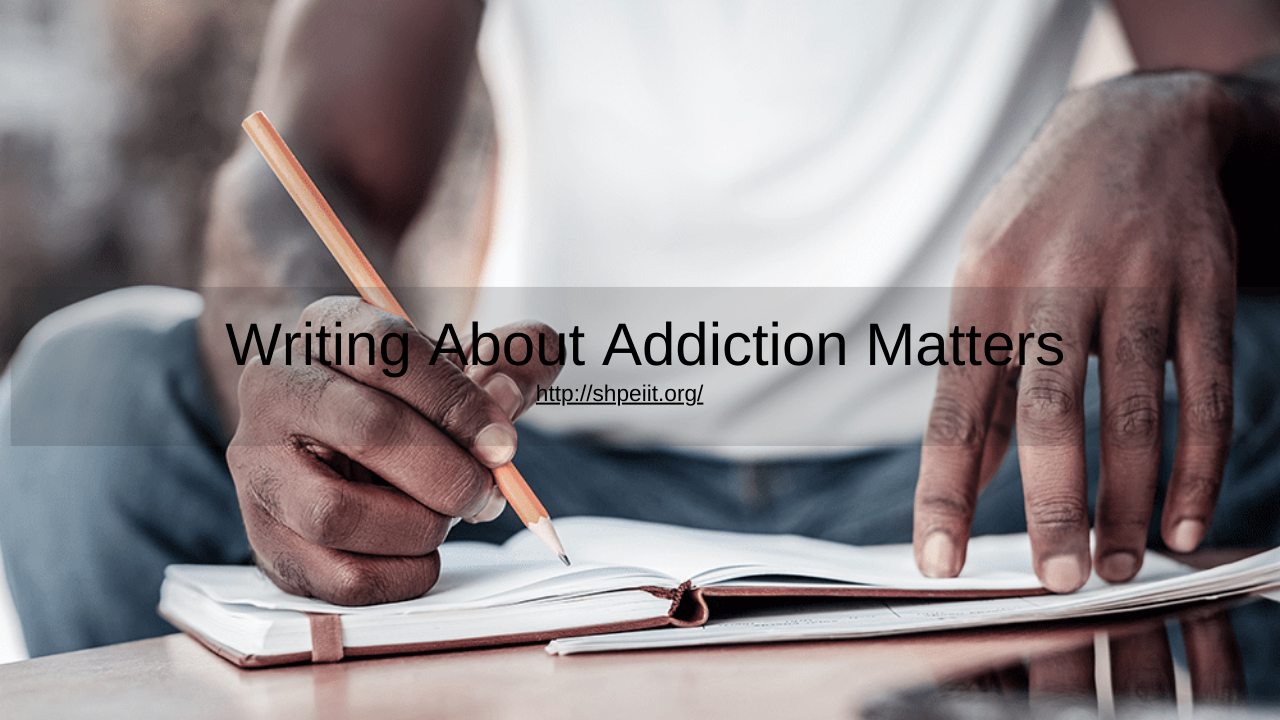The Life of a Professional Writer
The Rewards and Challenges of Professional Writing
Breaking the Silence: How Writing About Addiction Helps Rebuild Lives
The Transformative Power of Sharing the Story
Addiction often thrives in silence. For many individuals, the weight of shame, stigma, and unspoken pain keeps them isolated and struggling alone. Yet one of the most powerful tools for healing is simply finding the courage to share the story. Writing about addiction not only breaks that silence but also helps rebuild lives by turning vulnerability into strength.
At SHPEIIT, where recovery is supported through addiction treatment, mental health care, and holistic, faith-based approaches, we have seen how storytelling plays a role in long-term healing. Writing offers a safe space to process the past, make sense of the present, and create hope for the future.
Why Writing About Addiction Matters
Breaking Stigma Through Honest Expression
When individuals write about their experiences with addiction, they challenge misconceptions and stereotypes. Addiction is often misunderstood as a weakness, but through personal stories it becomes clear that it is a complex condition that deserves compassion and professional support. Writing helps normalize the reality of recovery and creates pathways for open conversations.
Reclaiming Identity and Voice
Addiction often takes away a person’s sense of self. Writing allows individuals to reclaim their identity by putting their story into their own words. This process gives them back ownership of their narrative and reminds them that they are more than their struggles.
Inspiring Others in Recovery
Stories of addiction and recovery have the power to inspire. When one person shares their journey, another may find the courage to begin their own. A written testimony can act as a lifeline, showing others that healing is possible and that they do not have to face recovery alone.
The Healing Benefits of Writing
A Therapeutic Outlet
Writing can serve as a form of therapy. By putting emotions on paper, individuals release thoughts that may otherwise remain overwhelming or unspoken. This practice reduces stress, clarifies feelings, and helps build emotional resilience.
Building Self-Awareness
Memoirs, journals, or even short reflections provide opportunities for self-examination. Writing encourages individuals to trace patterns, acknowledge setbacks, and celebrate progress. This deeper self-awareness supports long-term sobriety and personal growth.
Connecting Mind, Body, and Spirit
In holistic recovery, healing is not just about stopping substance use. It is about aligning mental, physical, and spiritual health. Writing bridges these areas by allowing the mind to process emotions, the body to release tension through expression, and the spirit to find meaning in the recovery journey.
How SHPEIIT Supports the Healing Process
SHPEIIT’s approach to recovery emphasizes individualized care. Writing can be an integral part of both inpatient and outpatient programs, complementing therapy, group support, and faith-based practices. Whether through journaling exercises, guided reflection, or personal storytelling, clients are encouraged to use writing as a tool for healing.
By integrating writing into recovery, individuals gain a valuable resource that stays with them long after treatment ends. Their words become a testament to resilience, a reminder of progress, and a source of hope during difficult times.
Conclusion: Your Story Can Light the Way
Breaking the silence through writing is not only an act of courage but also a pathway to rebuilding lives. By putting experiences into words, individuals release shame, reclaim their identity, and inspire others who are still searching for hope.
If you or a loved one is struggling with addiction, now is the time to begin your own story of recovery. At SHPEIIT, we are here to walk with you through every step, offering compassionate, faith-based, and personalized support. Reach out today and take the first step toward healing.
